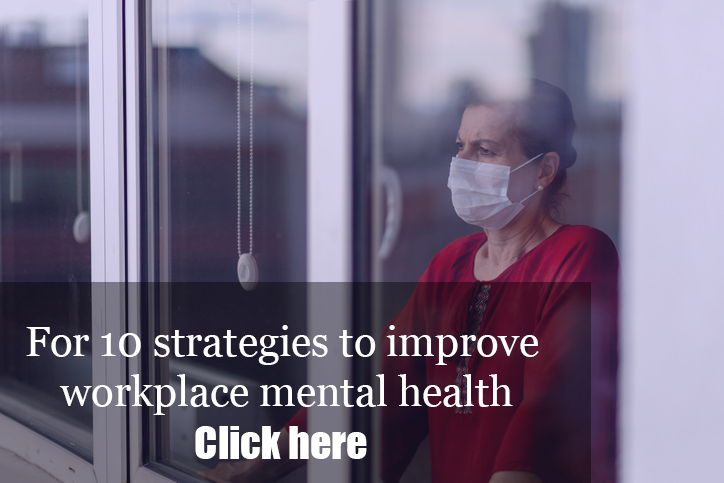It’s an understatement to say this isn’t the year I envisioned. Sure, COVID-19 has affected nearly every facet of my life, but it’s also changed the way I mark the time. As a fan of travel, my years are often in part defined by the trips I take–and the anticipation and planning that goes into each one. This year I was planning to cruise the British Isles. Go to Vegas with my family to celebrate a milestone birthday. Visit my parents in Boston. None of it, of course, happened.
Where has that left me? Disgruntled, burned out and with several days of unused paid vacation time.
The reluctance is in part driven by an overwhelming fear of losing our jobs. Take time off during an economic downturn where we saw massive amounts of layoffs and furloughs? Yeah, I get it. I didn’t do that either.
The irony, of course, is that we need the time off more than ever. We’re working from home, sure, but we’re also working harder and longer than ever. On average, full-time employees are working an extra 26 hours a month when remote, adding nearly an extra day of work to the week, according to a report from Owl Labs, a video conferencing technology company. And burnout rates are soaring. Over two-thirds, or 69%, of employees are experiencing burnout symptoms while working from home, Monster says. Work/life lines are extra blurred, and it’s not pretty.
 Overall, our mental health is under duress. The pandemic–plus social unrest, election stress and uncertainty, and more–is causing increased rates of depression, anxiety and stress.
Overall, our mental health is under duress. The pandemic–plus social unrest, election stress and uncertainty, and more–is causing increased rates of depression, anxiety and stress.
Not taking time off work to unwind? It’s only exacerbating those issues, experts say. “Our ability to travel [and not being able to] interact with others plays into depression as well,” Chuck Columbus, CEO of the American Health Policy Institute, said recently during a webinar discussing rocketing depression rates.
I can relate. Like most of us, I’m tired. Maybe it’s the hundreds of emails I get a week, the dozens of stories I write in a month or the daily Zoom calls (who else is sick of seeing their own face?). Or maybe it’s the news or months of not seeing family or friends or living a normal life. Work is often a welcome distraction from the craziness (although I often write about the pandemic, and its effects, so that’s a bummer), but it’s also a stressor. It’s harder to take vacation when you’re not planning to go anywhere. While I’m certainly not traveling during the pandemic or staying in hotels or flying on airplanes, it doesn’t mean I can’t and shouldn’t take time off work. In fact, it probably means I should do so even more.
In addition to taking a toll on mental health, not using paid time off is leaving money on the table for employees. It’s making them give up an important perk they earned (and deserve!). And it’s no bargain for employers, either. They know stressed, burned-out employees aren’t offering the quality of work they can. And stressed-out workers are much more likely to leave their jobs.
As for me, I’ve gotten that nudge. While I won’t be cruising (or flying or road-tripping), I’m planning to take several days off–a few long weekends here and there–for the remainder of the year. No, I won’t be cruising. But I’ll at least and try not to answer emails for a few days.



